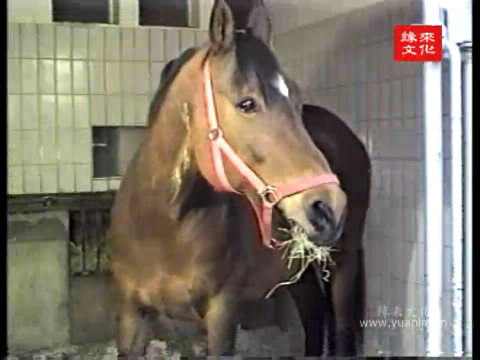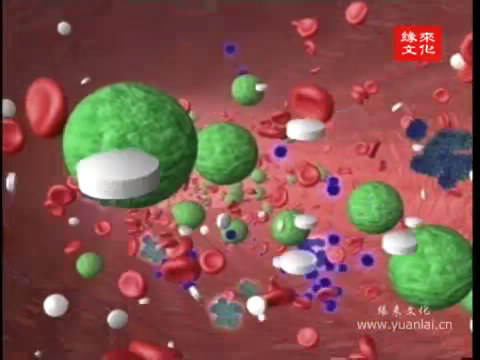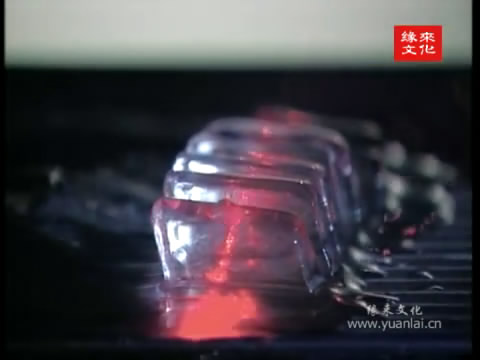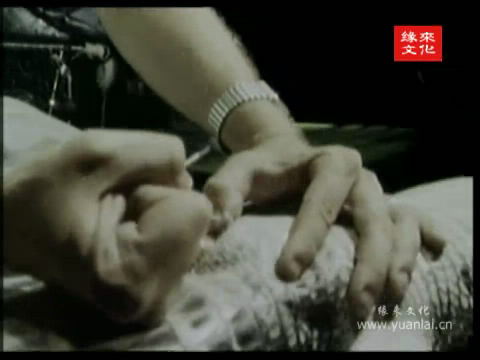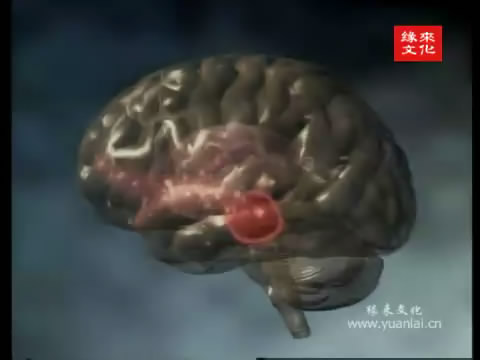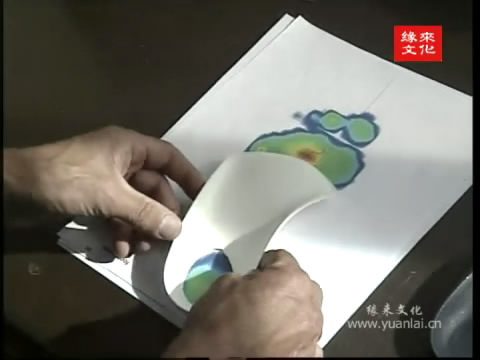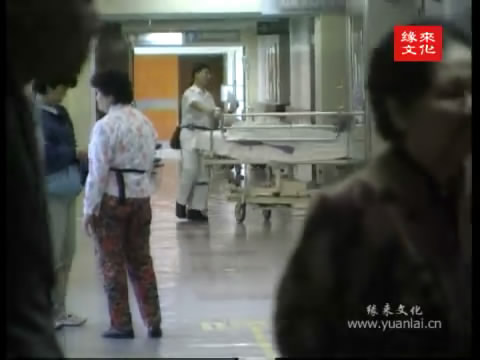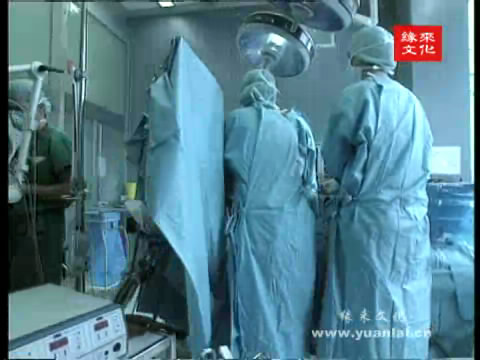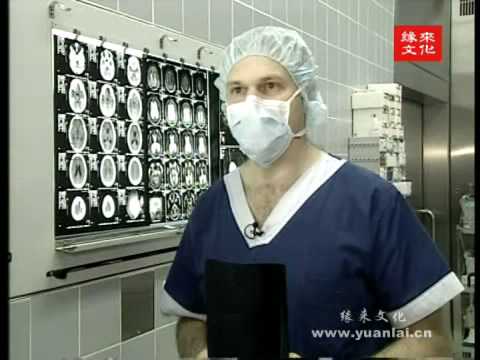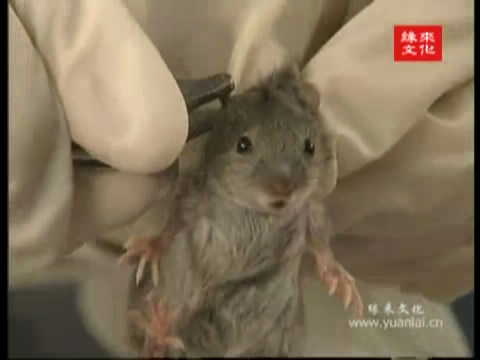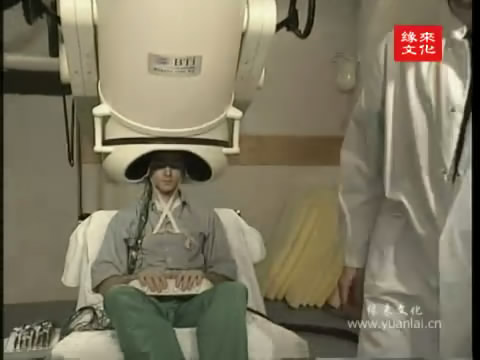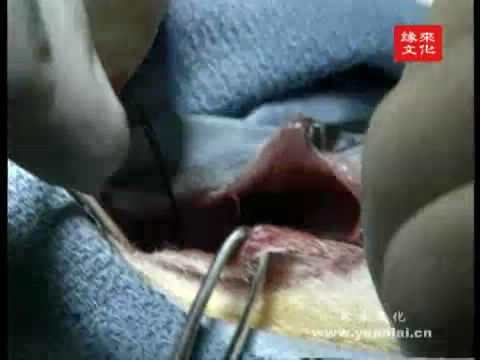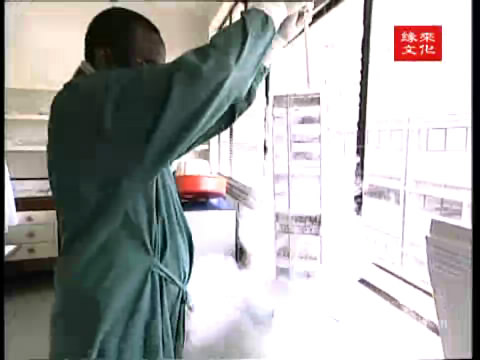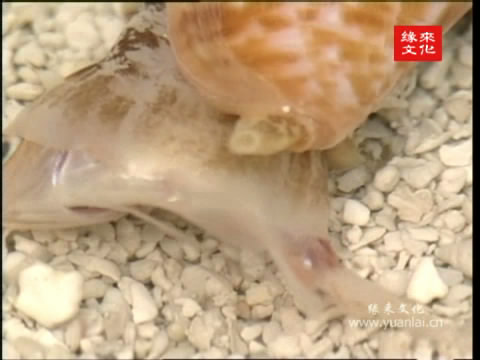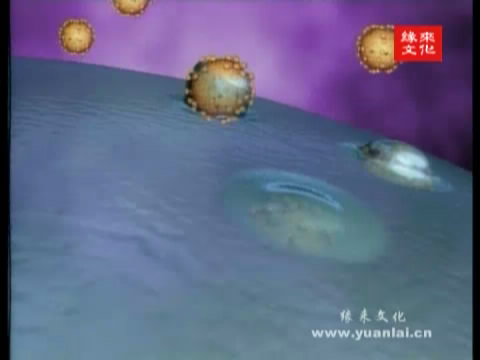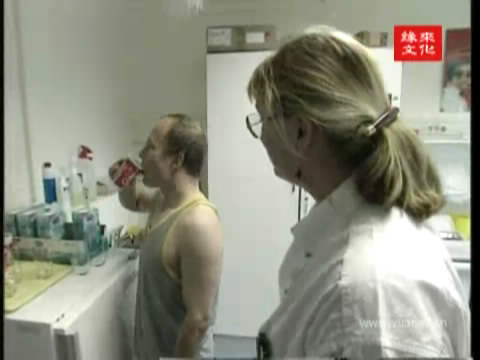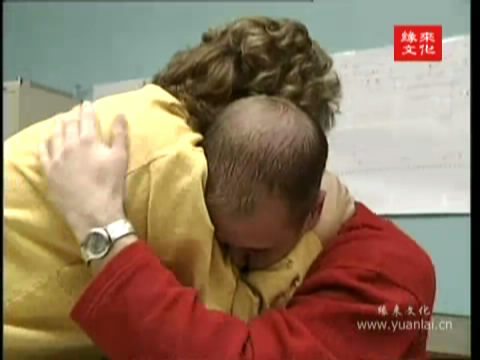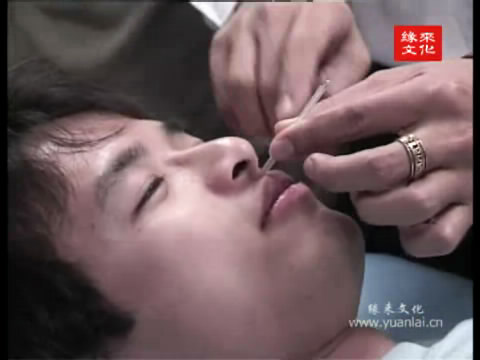| Abstract: |
With the development of technology, the medical research is also going further. All kinds of new diseases instantly come out, such as melancholia, insomnia, miocardial infarction and blood poisoning. At the same time, more advanced treatments also appear, such as artificial organs, hormone, radiation treatment, gene research and so on. A lot of new medicine also urge a new industry — medicine test. In Germany, now there are about 20,000 people are testing products for many big companies, from shampoo to schizophrenia medicine. And how do these research go on? How can consumers be protected? You can get all these answers in this series.
|



